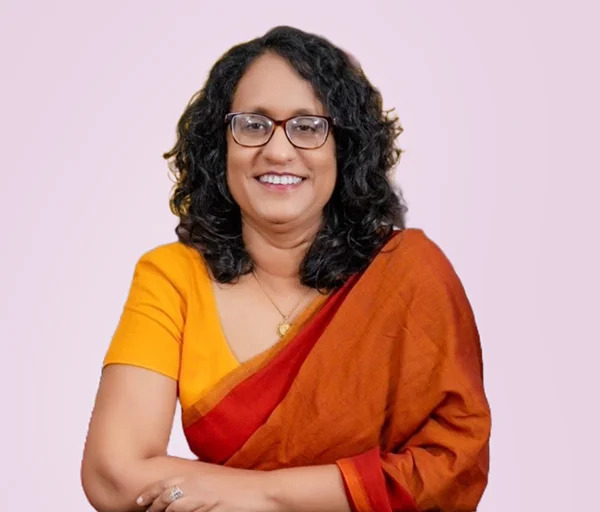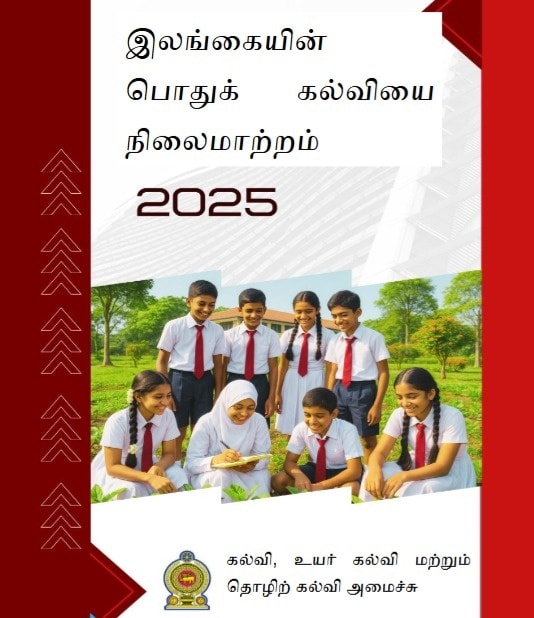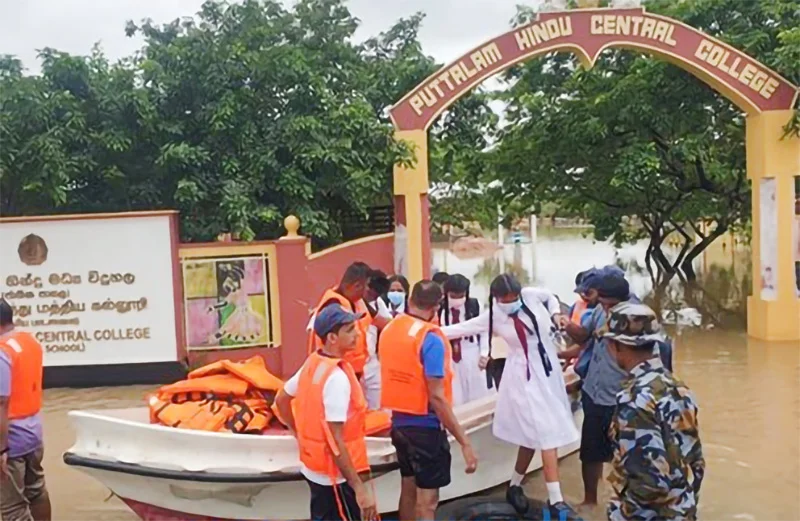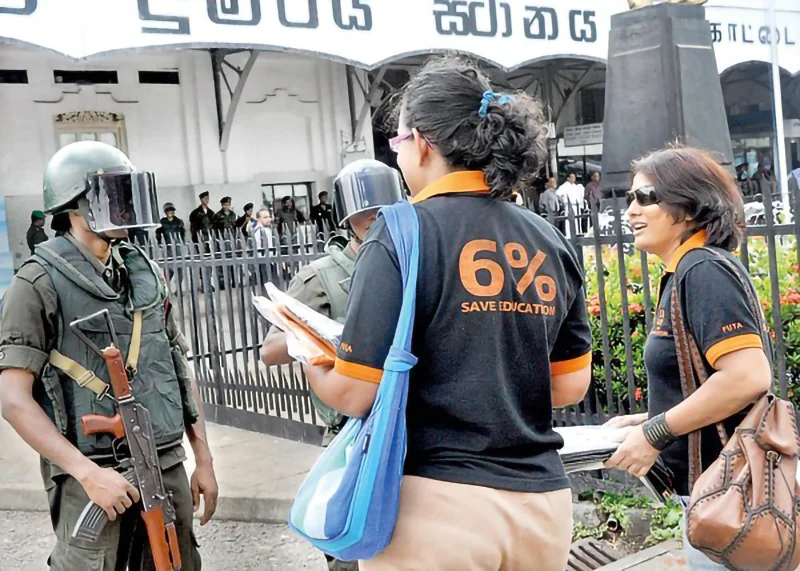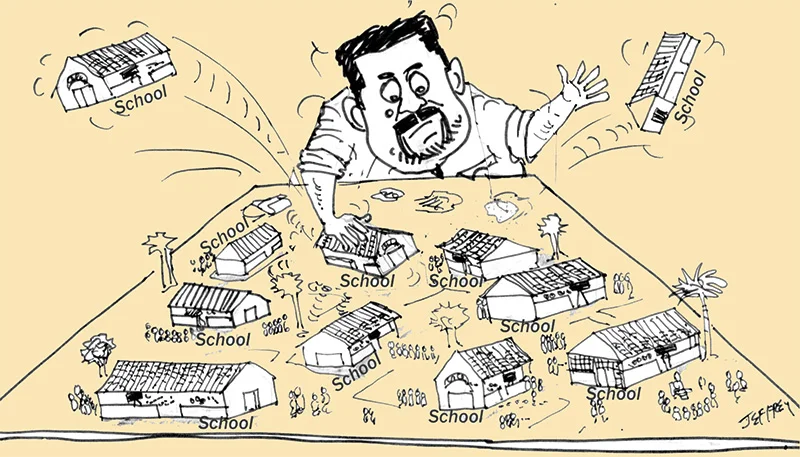The Call for Review of Reforms in Education: the discussion continues . . .
Sivamohan Sumathy The hype around educational reforms has abated slightly, but the scandal of the reforms persists. And in saying scandal, I don’t mean the error of judgement surrounding a misprinted link of an online dating site in a grade six English language text book. While that fiasco took on a nasty, undeserved attack on […]
The Call for Review of Reforms in Education: the discussion continues . . . Read More »
